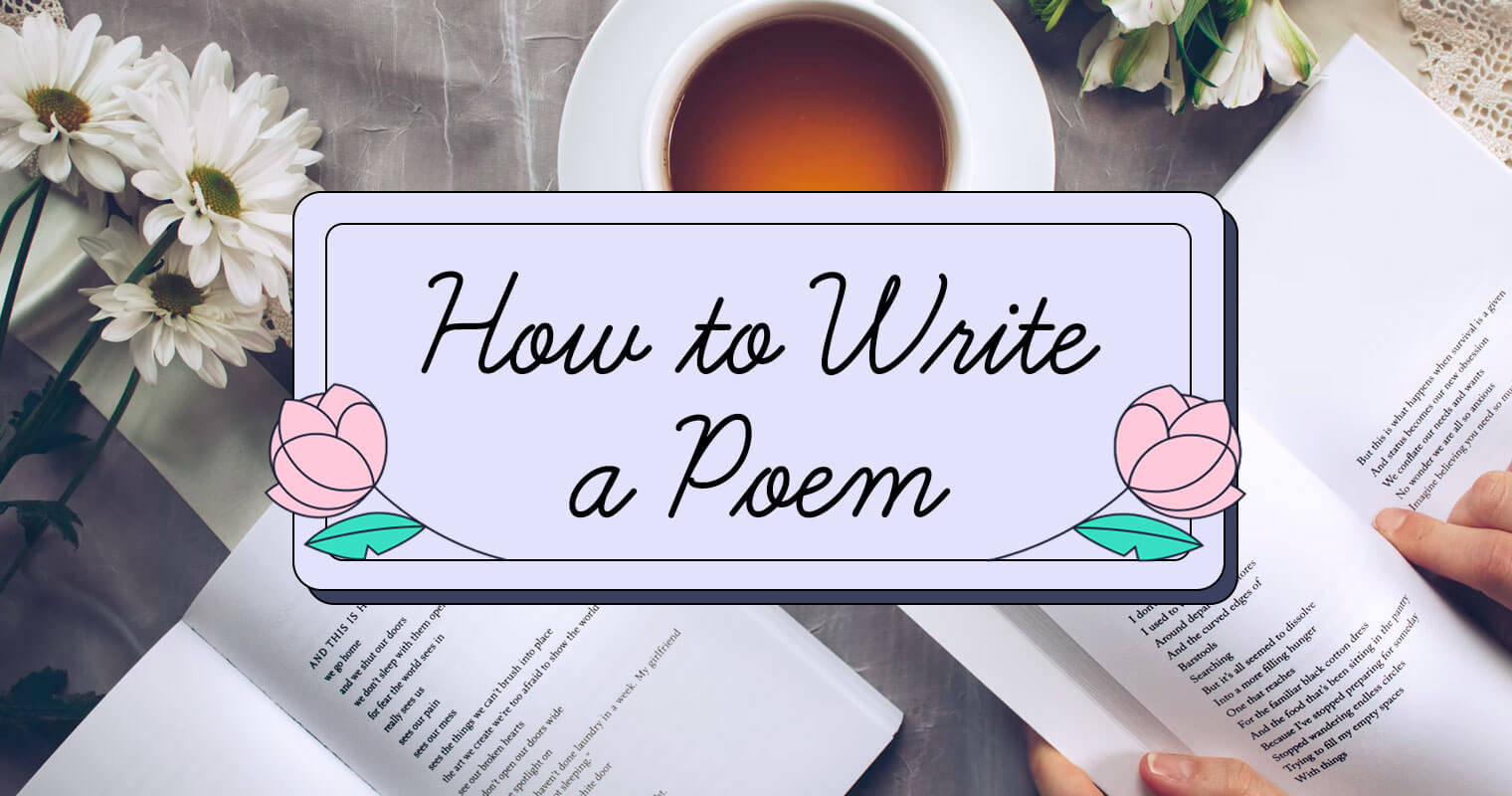
One book on creativity that has been a regular best-selling title for three decades is The Artist's Way.
The author, Julia Cameron, is an active artist and now the author of more than thirty books of fiction and nonfiction. But she is certainly best known for her books on the creative process, especially The Artist's Way, which started her in a different creative direction herself.
It has sold more than 4 million copies since its publication in 1992. Cameron was in the prior decades part of the "New Journalism" at the Washington Post and Rolling Stone. She was briefly married to Martin Scorsese, with whom she has a daughter, Domenica, but she was not a celebrity.
The book is an eclectic blend of affirmations, inspirational quotes, fill-in-the-blank lists and creative "tasks" for prompts. Cameron is a believer that everyone has creativity in them. This egalitarian view of creativity no doubt is part of the book's appeal.
Today, many of her techniques and suggestions probably seem less original because they have been adopted and adapted by other people and groups.
Cameron has herself gone beyond the original book with additional publications and has offered 12-week creativity courses which are outlined in the book. The two main goals of the book and program are to break through artistic blocks and foster confidence in your abilities.
The title's "artist" suggests visual art but her examples come from different artists and authors. I wonder how many poets have read the book and found the techniques useful in their writing. If you are someone who has used Cameron's book in your writing life, post a comment below.
"The Artist's Way Starter Kit" is Cameron's two most commonly used tools: The Artist's Way and The Artist's Way Morning Pages Journal. You can do your own twelve-week program, though having a group for support would probably make the work more meaningful. I always found that writing in a group improved my writing, if only because I wanted to please the member with my work.
Certainly, the journaling is well-suited to the writer. Cameron says she has shelves full of Morning Pages journals because it is not that once to do the 12 weeks you are done.
When I first encountered The Artist's Way: A Spiritual Path to Higher Creativity a few years after it was was published, I was attracted to the word "spiritual." I always suspected that there was a strong spiritual element in my creative life but I had not explored it in any formal way. But my "spiritual" is not religious while Cameron does make a connection between artistic creativity and a spiritual connection with God. When I used her book with a group of writers, several people didn't like that element of her process.
Julia Cameron keeps going and now has an online course and artists' community led by her at www.juliacameronlive.com
from Poets Online Blog https://ift.tt/YXhac3m









